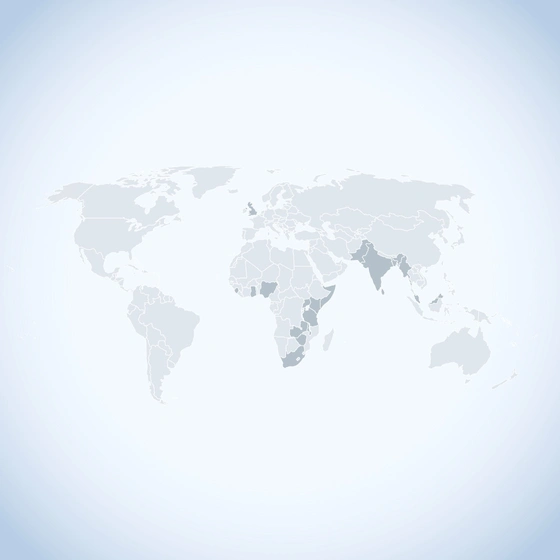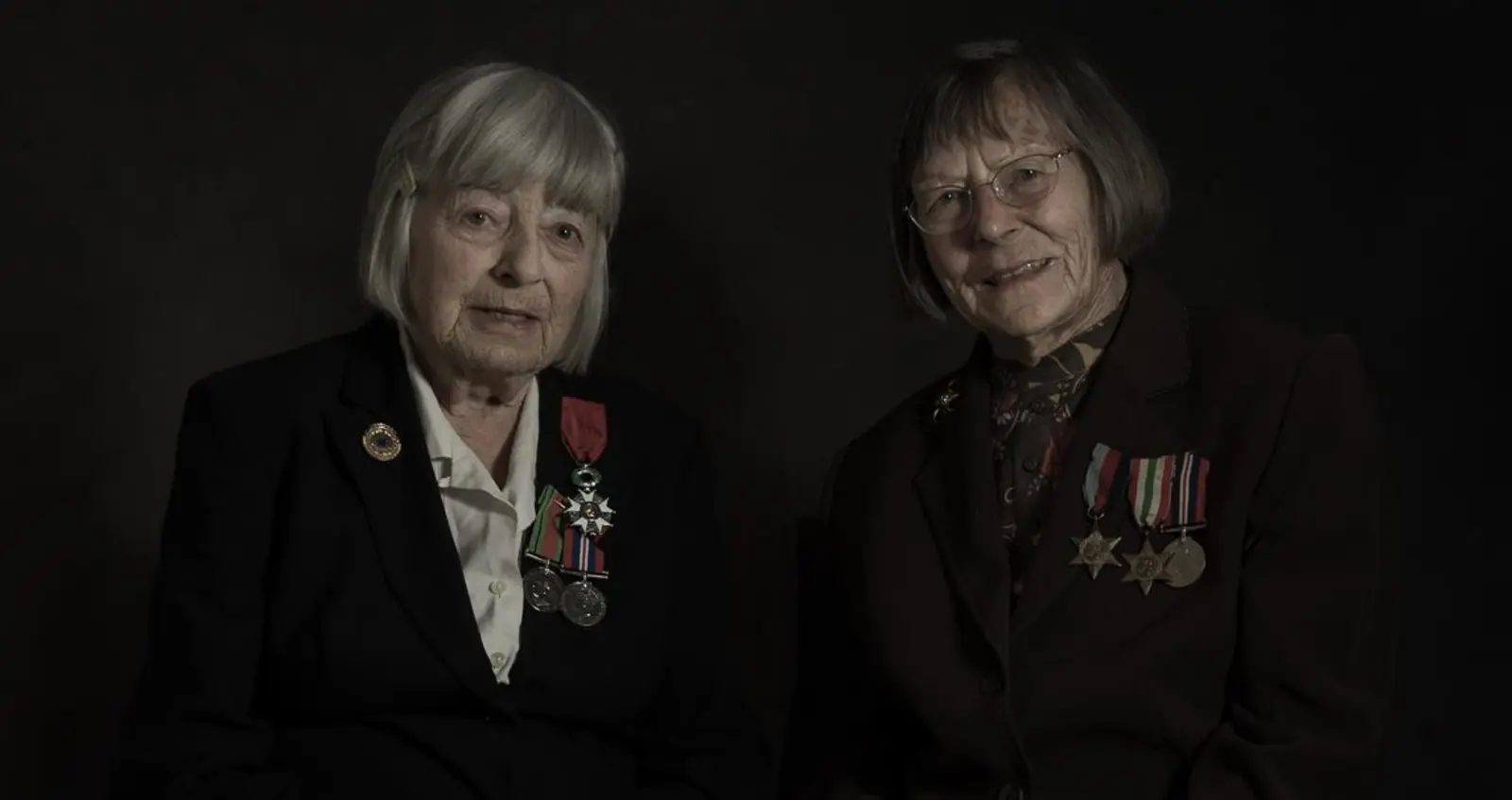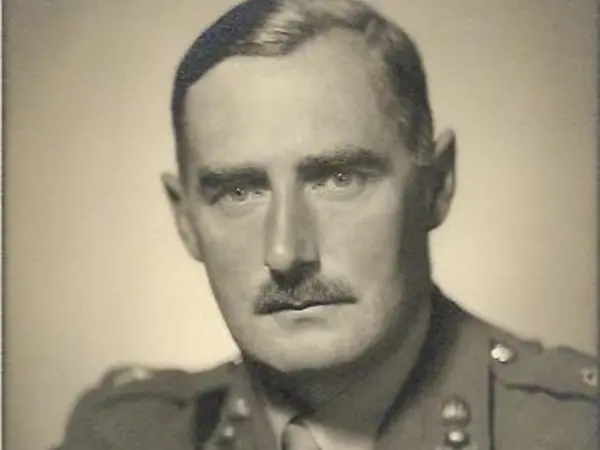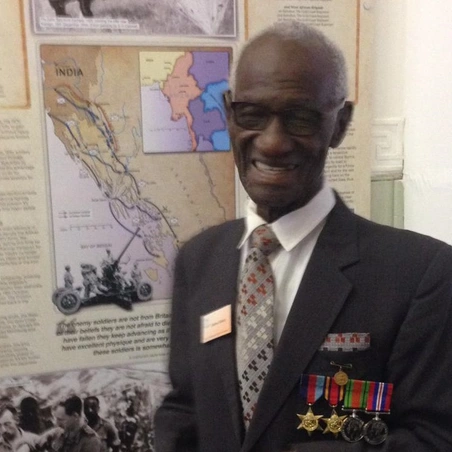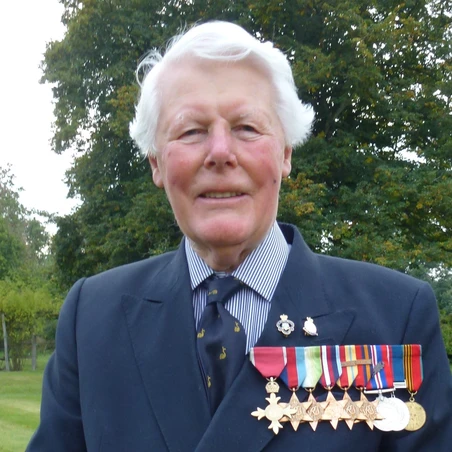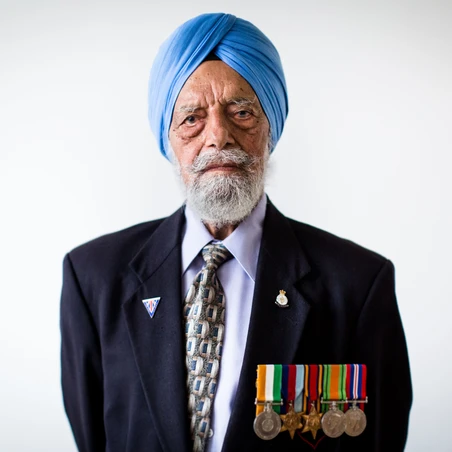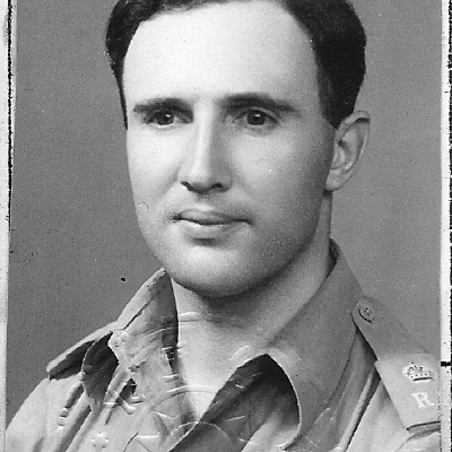While sisters Pat Davies & Jean Argles served in the Second World War as codebreakers, their father had been captured and taken as a prisoner of war in the Far East.
Pat and Jean were raised in Lancashire in a country home, and by the late 1930s the family had employed two Austrian Jewish refugees and the sisters quickly become fluent in German, particularly Pat.
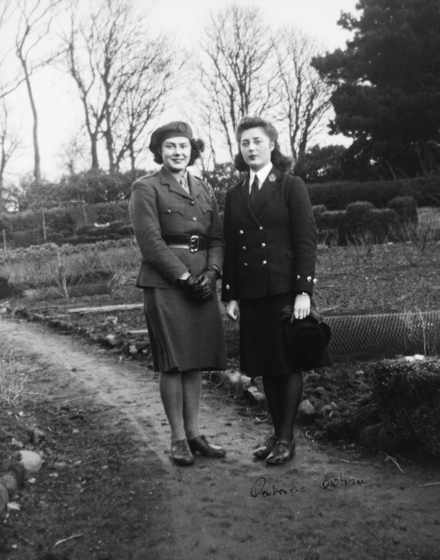
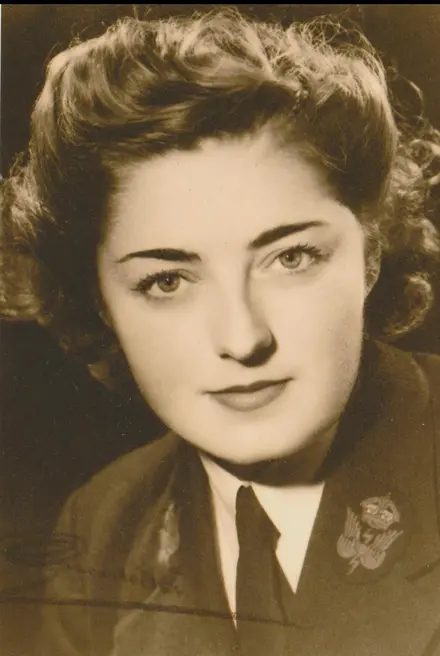
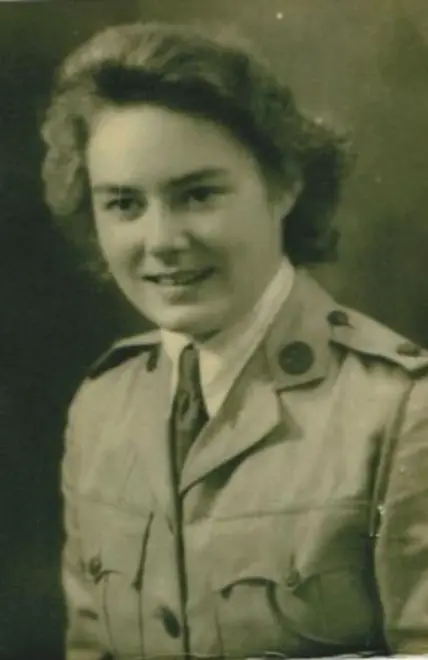
When war broke out in 1939, Pat was keen to leave school and join the war effort. Arriving in London in time for Blitz, she joined the WRNS (Women’s Royal Naval Service) in August 1942 after she turned 18.
She joined as Special Duties Y Service Linguist Interceptor (linguist fluent in German) and was posted to top-secret listening stations along the British coastline. As a young Petty Officer, Pat secretly intercepted German shipping radio to supply Bletchley Park with the Enigma code it so desperately needed, and any plain language heard to the Royal Navy.
Her sister Jean's quick brain for crossword solving landed her a secretive role as Code & Cipher Officer in the First Aid Nursing Yeomanry for the Special Operations Executive (S.O.E).
Joining on her 18th birthday in 1943 Jean first served in London, working for resistance and underground operations in Northern Europe, before she was posted to Cairo and Italy to support allied agents and aid Partisan efforts against the Nazis.
While the sisters were both serving in the war effort at home and in Europe, their father Colonel Owtram of 137th Field Regiment of the Royal Artillery had been captured and was being held in a prisoner of war camp in Thailand.
He had been initially been taken prisoner at the fall of Singapore in 1942 and was held in Changi jail before, along with his regiment, he was moved to Chungkai camp in Thailand. It was largely a hospital camp and held 5,000 to 8,000 prisoners of war.
Conditions in the camp were tough but Col Owtram was made British Camp Commandant of and proceeded to attempt to lift morale organising concerts and churches for the men.
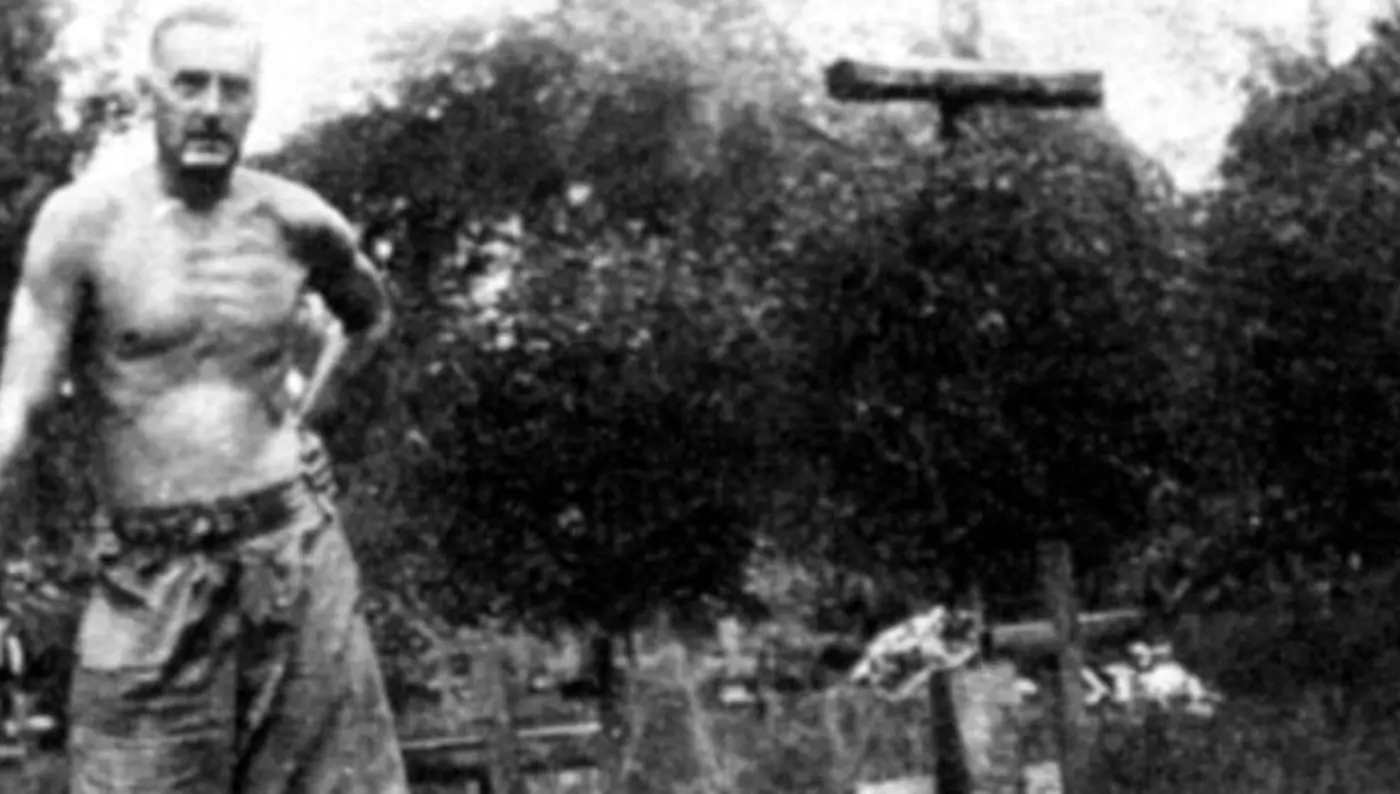
Facing their own difficulties serving in the war the sisters longed for the end of the war as they had the added worry about their father and whether he was safe.
“With our father being a prisoner of war, we were really longing for VJ day and the news that he would be coming home," Pat says.
VE day was wonderful, but VJ Day was the one we were really waiting for.
“I was in London at the end of the war. Of course, the German Naval ships had all capitulated, so our listening job on the ship had finished as there were no ships to listen to. We were moved to London because as our army advanced through Germany they were capturing all sorts of official documents in German, and these needed translating.
“In the summer of 1945, I was at Admiralty working as a translator and then I went on to work at an Intelligence branch and we were getting all the documents the army were capturing and we were reading these documents to see if there were possible war criminals who ought to be brought to trial.”
After the war
"Jean and I both got leave to be there. They brought the prisoners back by sea and had to feed them up a little bit because they were all very emaciated, and they had been living on a bit of rice and not much else.”
“It was wonderful when he actually got back that morning. Some officials came with him to bring him back from Blackpool where his regiment was based. I expected he would look different, but he didn’t look very different at all. He was in very good spirits to get home again.”
“It was wonderful for our mother as she had to spend the whole war hoping that he was going to survive and get back – we all did.”
“He got back to ordinary life very well. It was a very happy ending after all the years of worrying whether he’d get back.”

Col Owtram witnessed atrocities, suffered ill health, hunger but maintained his spirit as much as possible and was impressed by the men he served alongside, he never forgot them and dedicated his memoir to their memory.
75 years on Pat will be remembering her father’s return and all those who were held in the Far East.
It seems amazing that it’s been 75 years since he came back, as I can remember that morning so clearly.
“I will certainly be thinking about his return and also the many ex-prisoners he kept in touch with when he could. He was always very anxious for their welfare in the camp, and I know he was in touch with families after the war.
“I’m very much in favour of people remembering what really did happen, and VJ day was the final victory. Until we had beaten the Japanese as well as the Germans, the war went on. So, there was as much of a reason to celebrate VJ Day as there was VE Day, certainly for families like ours who had somebody missing.”
“For millions of people, it was the real end of the war.”
